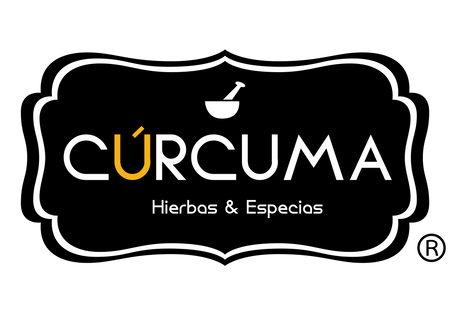St. John's Wort, also known as Goat Weed and Rosin Rose, occurs naturally throughout North America, Africa and Europe. Although this herb has gained a lot of attention in recent years, its use dates to ancient Greece. The plant gets its name from the reputation of blooming on or near June 24th, the day celebrated as the birth date of John the Baptist.
The dried herb is used in tea blends or used to make infusions, tinctures and extracts.
| Ingredients | St. John's Wort (Hypericum perforatum) | ||||
|---|---|---|---|---|---|
| Basic Preparation | No preparation is needed as this product is ready to use as is. | ||||
| Recommended Applications |
Applications: Astringent/Sedative/Antidepressant/Antispasmodic/Pain Reliever/Antiviral/Bile stimulant St. John's Wort is primarily used as an anti-depressant. Depression: St. John's worth can be used to improve depression. Women's Health: St. John's wort can be used to treat menopausal symptoms such as fatigue, and hot flashes. Tonic: St. John's wort can be used to help keep the liver and gallbladder in good health. Anxiety: St. John's wort can be used to battle feelings of anxiety and insomnia. Antispasmodic: Oil of St. John's wort may be used to treat pain from cramps. Skin: St. John's wort oil may be used to treat burns and wounds. Digestive system: St. John's wort may be used to treat ulcers and intestinal or stomach inflammation. Infection: St. John's wort is an antiviral and anti-inflammatory that can be used to combat illness. |
||||
| Taste & Aroma |
Fibrous with a pleasant scent. |
||||
| Product Style |
cut & sifted |
||||
| Cuisine |
St. John’s wort is not a culinary herb. |
||||
| Handling / Storage | To be stored in a cool, dry place. | ||||
| Shelf Life | 3 Years | ||||
| Country of Origin | Europe | ||||
| Dietary Preferences | All Natural, Non-GMO | ||||
| Allergen Information | None Specified |









